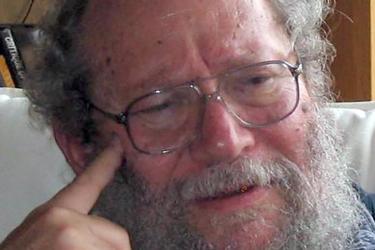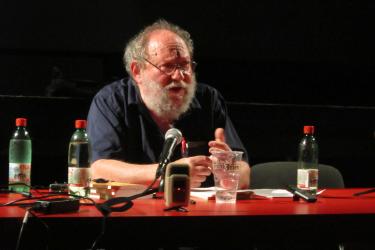Michael Lebowitz
By Michael A. Lebowitz
March 13, 2021 — Links International Journal of Socialist Renewal reposted from Socialist Project — When we talk about intellectuals, we have to recognize, of course, that there are many varieties of intellectual. So, let me be specific. I’m not talking about traditional intellectuals nor about academics. I am talking about intellectuals who are committed to building socialism. Further, my comments are not directed specifically about Venezuelan intellectuals – that would be inappropriate for me as a visitor. So, my comments are general rather than specific to Venezuela.
By Cira Pascual Marquina
July 12, 2020 — Links International Journal of Socialist Renewal reposted from Venezuela Analysis — Michael Lebowitz is a professor of political economy, researcher, and prolific writer. He is the author of Beyond Capital: Marx's Political Economy of the Working Class (1992), The Socialist Imperative: From Gotha to Now (2015), and the upcoming Between Capitalism and Community (2021). From 2006 to 2011, Lebowitz was Development Director in the Program in Transformative Practice and Human Development at the Centro Internacional Miranda, in Caracas. In this interview, he explores the importance of participation and democracy in the construction of socialism, while reflecting on the internal contradictions of the Bolivarian Process.


